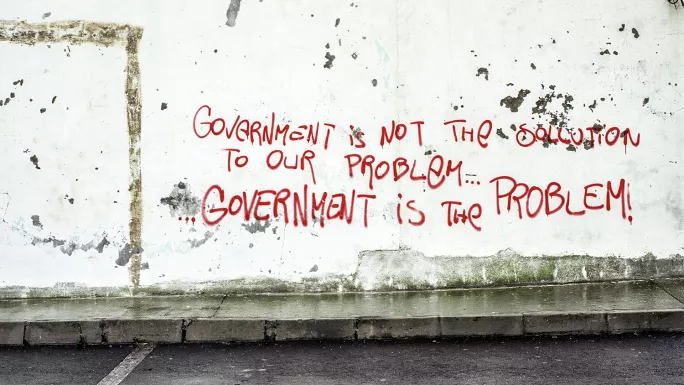Writing the wrong in KS2 assessment

For centuries, reading, writing and arithmetic have been at the core of education. But while assessing whether children can read or know the answer to 8 times 9 is relatively straightforward, judging the quality of writing has never been easy.
That difficulty has been brought into sharp focus in the past two years as reforms to the statutory key stage 2 writing assessments have led unions to the brink of a boycott.
Now England’s two headteacher associations are split over whether the assessments should continue at all.
A primary accountability review published by the Association of School and College Leaders today states: “It is unacceptable that an assessment in which people have so little confidence should be used as part of a high-stakes accountability system.
“The government must commit to either improving the way in which writing is assessed or excluding it from accountability measures.”
That stance puts it in direct opposition to the NAHT heads’ union, which does not see scrapping writing assessments as an option.
The NAHT has campaigned hard to improve writing assessments to allow teachers more flexibility in how they judge children this year and argues it would be wrong to give up on them.
Paul Whiteman, the union’s general secretary, says: “There have been calls in some quarters to simply ditch writing assessment altogether. That would be a mistake.
“If we were to scrap it, when it comes to writing, all we would be left with is the grammar, spelling and punctuation test.”
The search for a fair way for teachers to assess pupils’ writing for accountability purposes dates back to the Bew review of KS2 testing, assessment and accountability in 2011.

Before 2012, children’s writing was assessed in test conditions. They were given 45 minutes to complete a “long task”, such as completing a playscript about a child who is asking his parents to stay up late and watch television, and a shorter task of 20 minutes, which could be to write a description of their favourite meal.
But the Bew review found that the marking of these tests was too inconsistent to be reliable, and recommended that teachers assessed writing composition over time alongside a new, separate test of spelling, punctuation and grammar (Spag).
Then came reformed Sats in 2016 and the move away from a “best-fit” system. Instead of assessing pupils at the level that best described their achievement, now, under a “secure-fit” system, children had to meet all the criteria within the “expected standard” description.
Secure, but not steady
But although secure-fit sounded, well, secure, criteria such as “using passive and modal verbs mostly appropriately” left wriggle room. And changes, which allow teachers to make exceptions if a child has a “particular weakness”, seem to have only compounded the sense that this year’s new “flexible” writing assessment system will not produce accurate or honest results.
Some would argue that there is no such thing as “accurate” results anyway when it comes to something as subjective as what constitutes good writing.
So why, if reliably assessing writing is so difficult, is the NAHT so determined to persevere with it? The answer lies in fears about what would happen to the curriculum if only the Spag test is left.
“We know that what is measured through statutory assessment distorts the Year 6 curriculum because of the high stakes attached to the data from it,” says Whiteman. “There is a real danger that scrapping writing assessment would only see it narrowed further.”
But the ASCL review points out that teachers “remain sceptical about the accuracy of the writing results, with fewer than one in five, according to a recent poll, believing that this year’s results will be honest and accurate”. It does, however, suggest that “improving” writing assessment could be an alternative to getting rid of it altogether.
Comparative judgement
And more changes that may improve the situation are on the way. The government has said that it will work with assessment company No More Marking to evaluate comparative judgement - a way of assessing children’s writing holistically rather than by using a set of criteria.
Comparative judgement would be a different solution to the problems of marking writing that prompted the Bew review to recommend teacher assessment. But can teachers and headteachers stomach yet another change?
Michael Tidd, head of Medmerry Primary in West Sussex, was on the expert panel for both the ASCL and the NAHT reviews of primary assessment and accountability. He is clear that whatever happens, the present system should not continue.
“People lose their jobs, and schools go into categories, if you fall below standard,” he says. “But the current writing assessments are not helping us understand how the system is doing, they are not helping us understand how schools are doing and they are not helping us understand who are the stronger writers.
“Even if people are adamant there is no a better way to assess writing, this is not a good enough way.”
You need a Tes subscription to read this article
Subscribe now to read this article and get other subscriber-only content:
- Unlimited access to all Tes magazine content
- Exclusive subscriber-only stories
- Award-winning email newsletters
Already a subscriber? Log in
You need a subscription to read this article
Subscribe now to read this article and get other subscriber-only content, including:
- Unlimited access to all Tes magazine content
- Exclusive subscriber-only stories
- Award-winning email newsletters